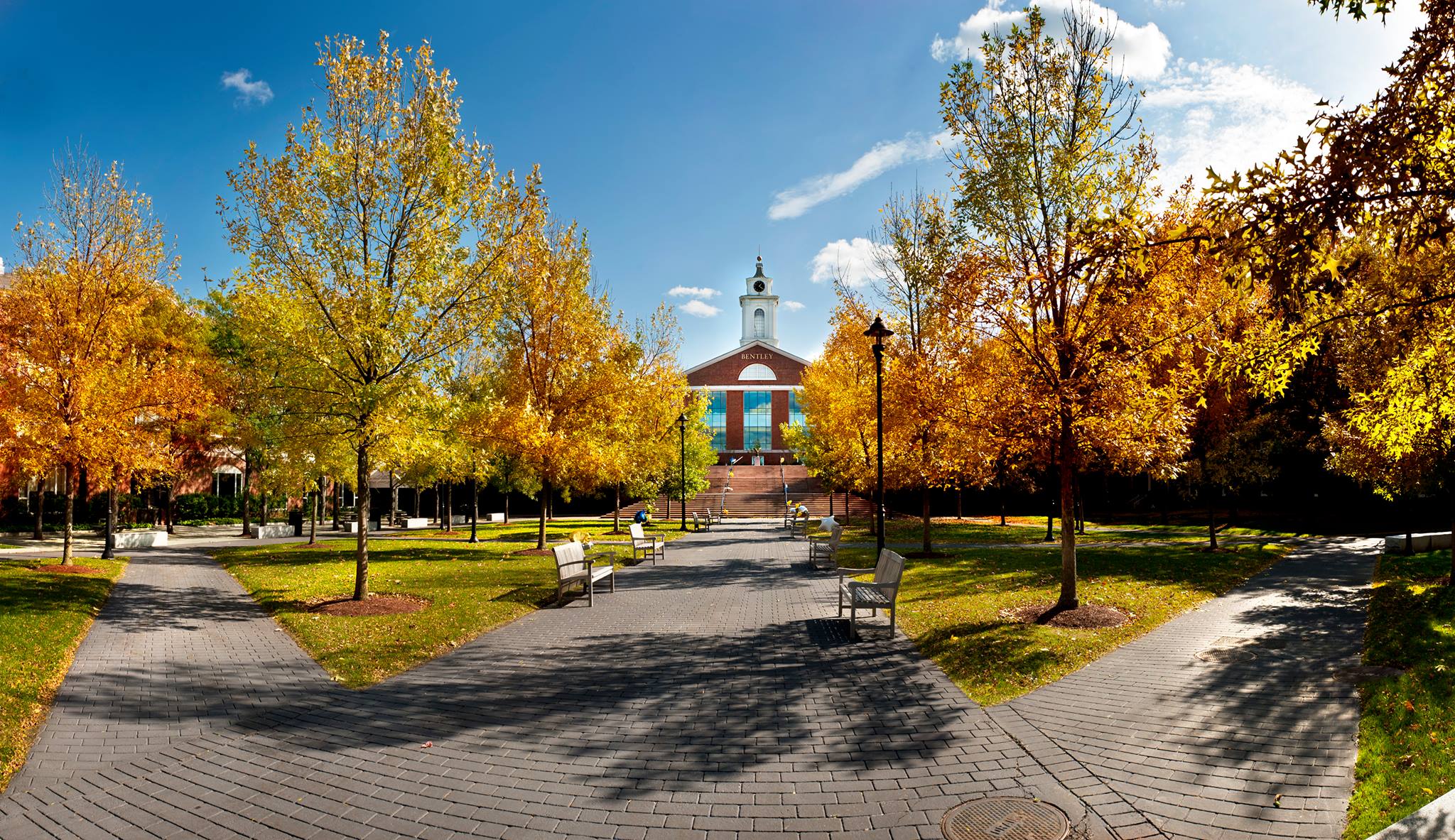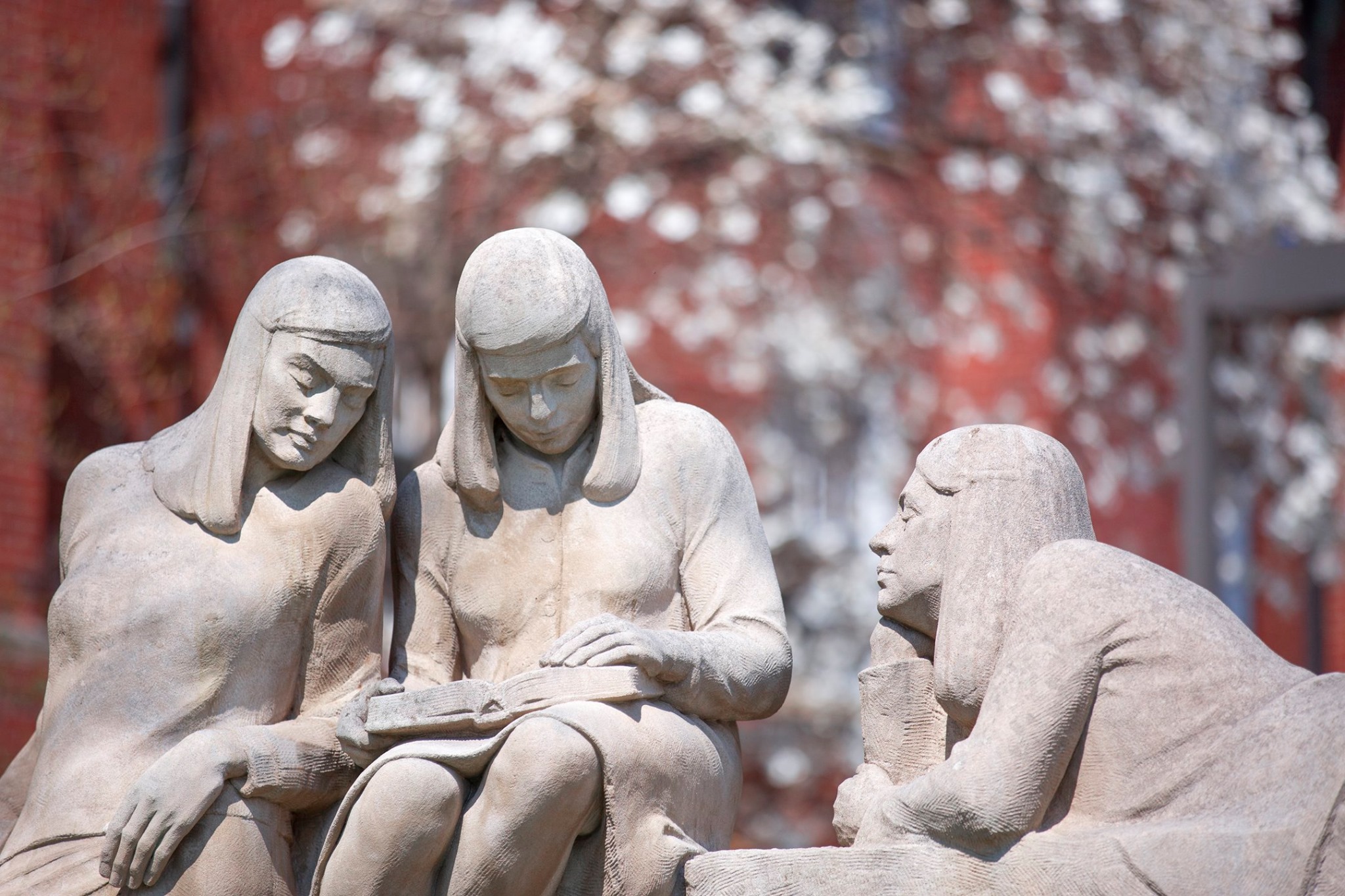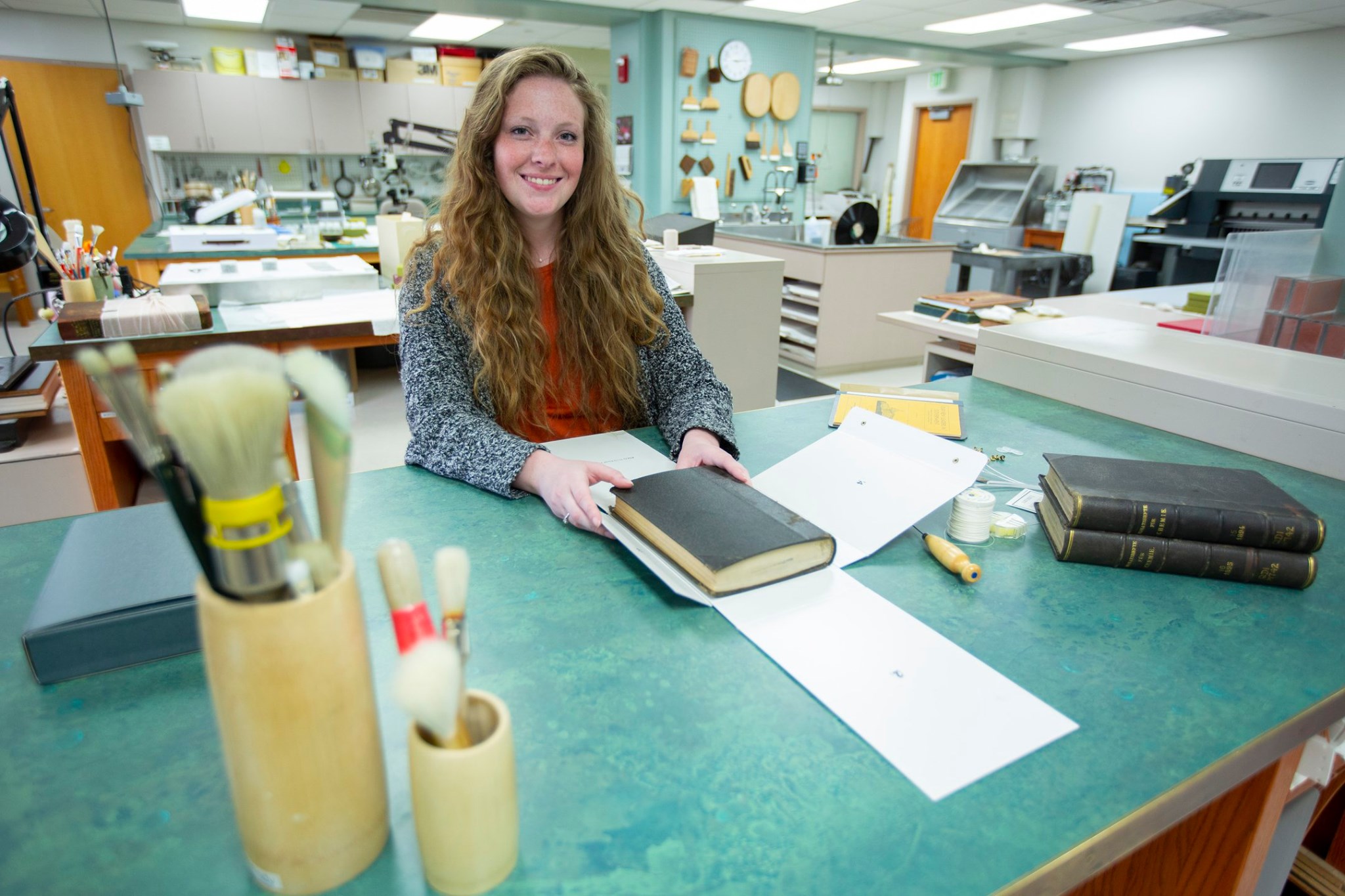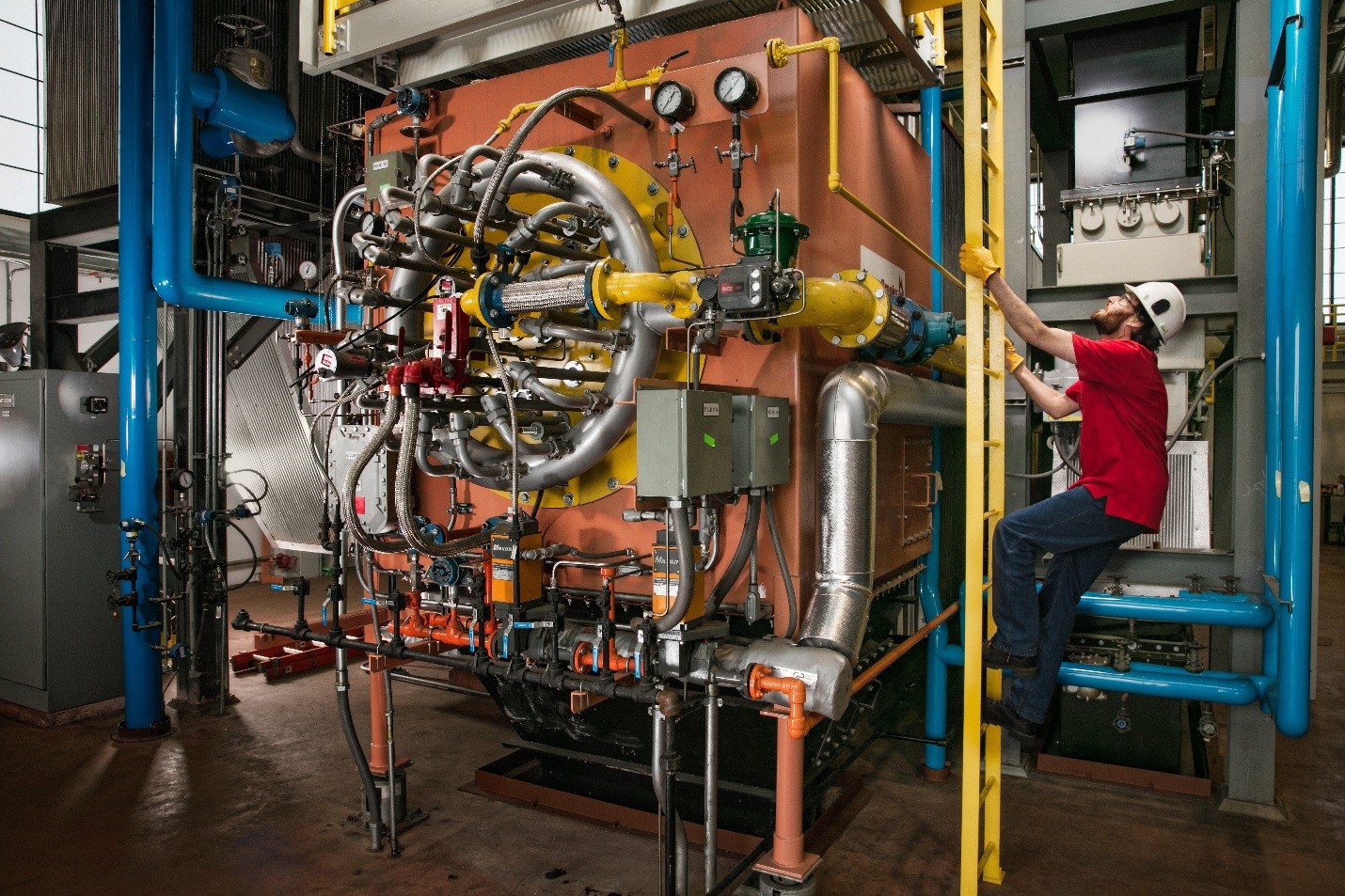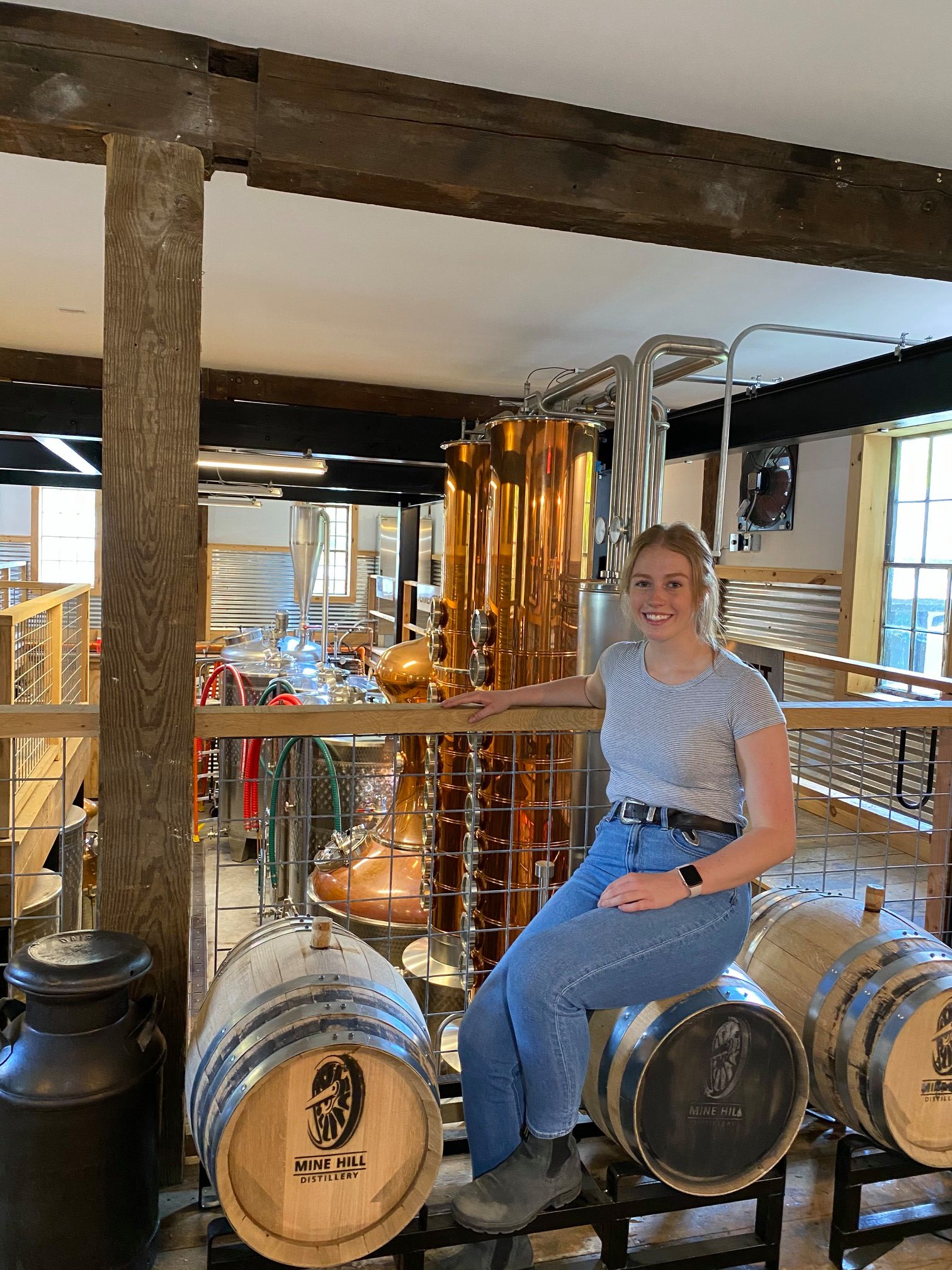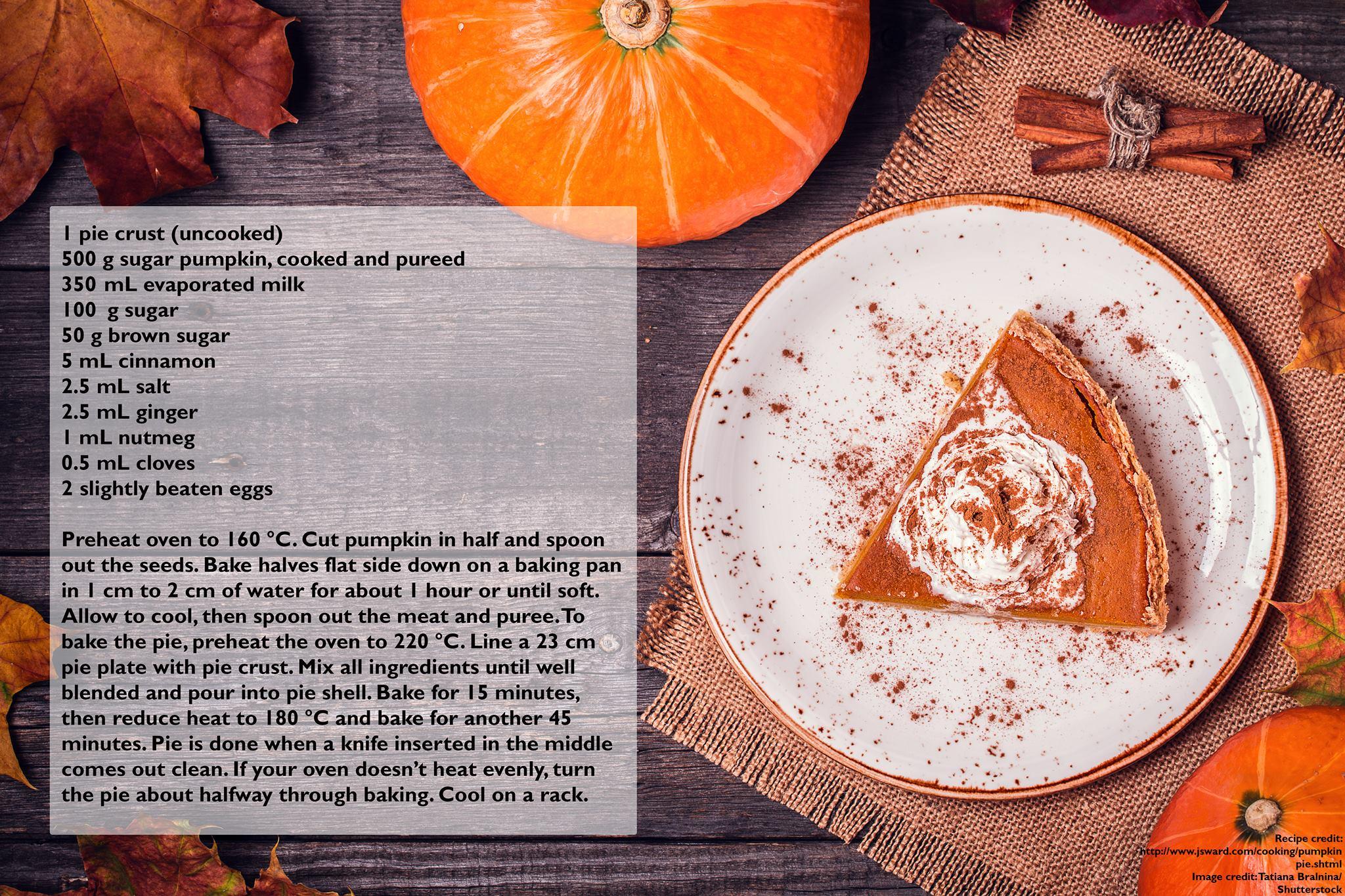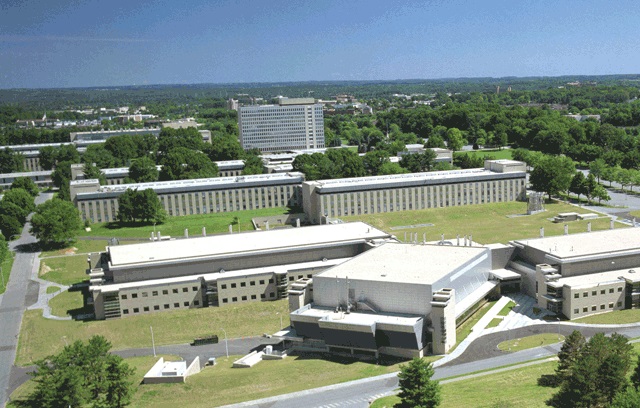Los Angeles Unified School District
We honor Día de los Muertos, a cherished tradition that celebrates the lives of those who have passed. 💐
Through colorful altars, marigolds, and memories, families come together to remember loved ones and teach new generations about love, legacy, and culture — honoring… pic.twitter.com/SVER8G2t3X
— Los Angeles Unified (@LASchools) October 31, 2025





